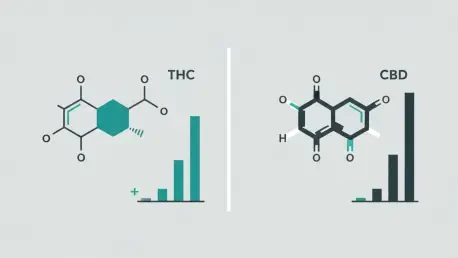
The relentless pursuit of effective chronic pain management has led millions of people down a path lined with cannabis products, each promising a definitive end to their suffering. As legalization expands and access grows, cannabis has transitioned from a fringe substance to a mainstream wellness
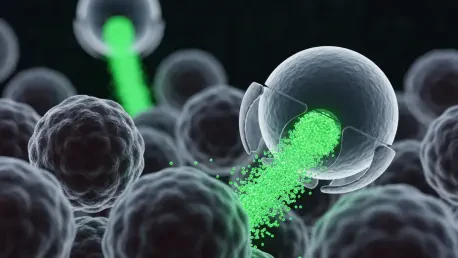
The acidic microenvironment of a solid tumor, once considered a mere byproduct of metabolism, is now being repurposed as a precise trigger for a new generation of cancer-killing vaccines designed to overcome the limitations of conventional immunotherapies. The development of pH-responsive
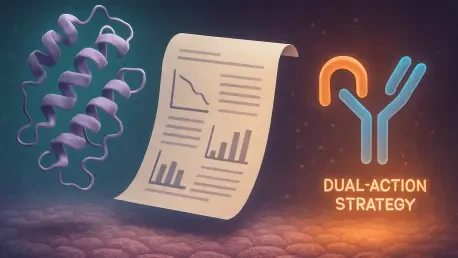
The intricate dance between the human immune system and a developing tumor has long been the central stage for oncology's most ambitious therapeutic strategies. In the ongoing quest to empower the body's natural defenses against cancer, researchers have identified key proteins, known as immune
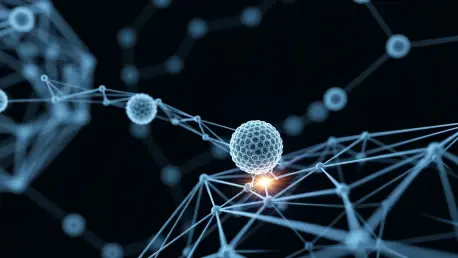
The intricate challenge of retraining the immune system to tolerate specific self-antigens without compromising its protective capabilities has driven the development of highly sophisticated therapeutic platforms. The emergence of engineered extracellular vesicles (EVs) represents a significant
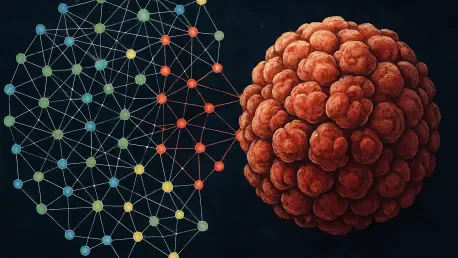
Within the microscopic universe of a single human cell lies a communication network of staggering complexity, where molecules constantly send and receive signals to orchestrate life's essential functions. When this intricate dialogue breaks down, the consequences can be catastrophic, leading to

A groundbreaking artificial intelligence tool is poised to redefine the treatment landscape for oropharyngeal cancer, offering a new level of precision that could spare patients from unnecessarily harsh therapies while ensuring high-risk individuals receive the aggressive care they need. Developed